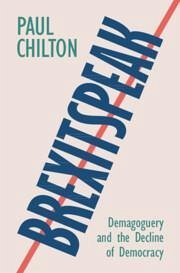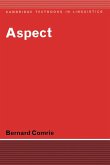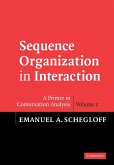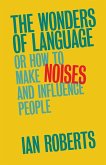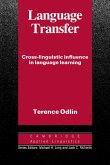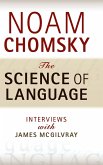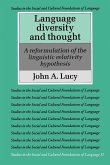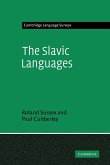"This critical investigation explores Brexit in the context of the nationalist populist wave in Europe, arguing that manipulative rhetoric was a key factor in the 2016 referendum result. It probes Brexiter propaganda through the lens of linguistics and cognitive science, showing how ethnocentric attitudes and emotions were mobilised"--
Hinweis: Dieser Artikel kann nur an eine deutsche Lieferadresse ausgeliefert werden.
Hinweis: Dieser Artikel kann nur an eine deutsche Lieferadresse ausgeliefert werden.

